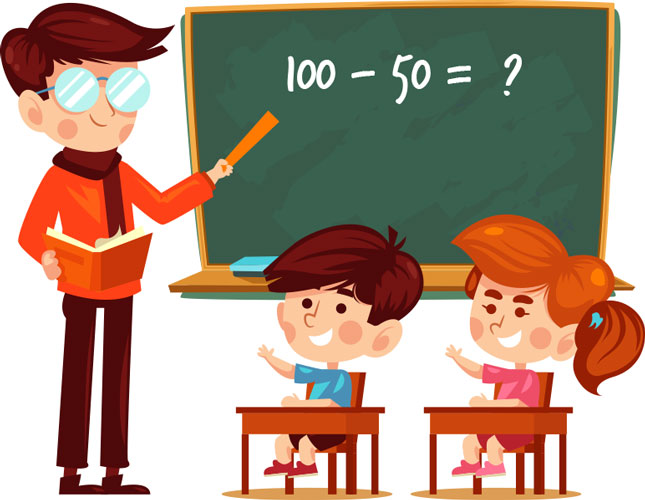Back
Creating Individualized Goals and Learning Plans
Psycho-educational evaluation reports are technical and can be challenging to understand. Suggestions are often made for remediation of certain skills to address the student’s learning gaps. Bindiya can provide guidance in the following:
- Creating appropriate and measurable learning goals for students
- Articulating the scope and sequence of instruction to attain the desired academic goals
- Developing materials for instruction
- Creating formative and summative assessments to measure progress
- Creating a progress monitoring system
Back
Differentiation Workshops and Training
Every classroom has a variety of learners. Lessons are effective only when the learning objectives are achieved by every individual student in the classroom. Planning lessons effectively for all students requires teachers to differentiate the process, content, or products of instruction. Learn more about:
- The theory and principles of differentiation (What is Differentiation and Why do I need to do it?)
- The methods of differentiation (How do I differentiate?)
- How to plan units and lessons which incorporate a differentiated approach (When and would I differentiate?)
- Evaluating the outcomes of differentiation (Did differentiating work? And What’s next?)
Differentiation workshops are offered in multiple formats.
Option 1: An Overview of Differentiation
- Standalone two-day differentiation workshop which covers theory, methods, planning and evaluation.
Option 2: Overview and one Coaching Cycle
- Standalone two-day differentiation workshop which covers theory, methods, planning and evaluation.
- Coaching Cycle: Hands-on guidance with groups and individuals in
- planning one unit of instruction
- developing 3 – 4 lessons which incorporate a differentiated approach
- reflecting on the outcomes of the differentiated lessons
Option 3: Overview and Coaching Cycles throughout the school year
- Standalone two-day differentiation workshop which covers theory, methods, planning and evaluation.
- Coaching Cycle: Hands-on guidance with groups and individuals in:
- planning several unit of instruction
- developing lessons which incorporate a differentiated approach
- reflecting on the outcomes of the differentiated lessons
- using data to guide future differentiation approaches
Back
Phonics
-
Phonics is the study of how letters correspond to sounds. Students with reading and spelling difficulties often need intensive, explicit and repeated instruction in phonics. In this workshop teachers will learn how to teach phonics explicitly, by learning about:
- Phonological awareness
- Letters-sound correspondence
- Syllables in the English language
- Segmenting, blending, and manipulating phonemes
- Syllabication
- High-frequency words
- Phonics rules
- Affixes, suffixes and compound words
- Words with Greek and Latin roots
- Multi-sensory phonics instruction
- Using technology to enhance phonics instruction
Back
Learning Disabilities Introductory Workshop
-
Have a common understanding of the concept of Learning Disabilities
- (and the myths)
-
Know the different types of Learning Disabilities, including
- Specific Learning Disability (SLD) in Oral Language
- SLD in Reading
- SLD in Written Expression
- SLD in Mathematics
- Non-verbal Learning Disabilities
- Understand the cognitive processes underlying disabilities
- Recognize other manifestations of disabilities and their impact in an academic environment
- Problem-solving model of understanding students learning profiles

